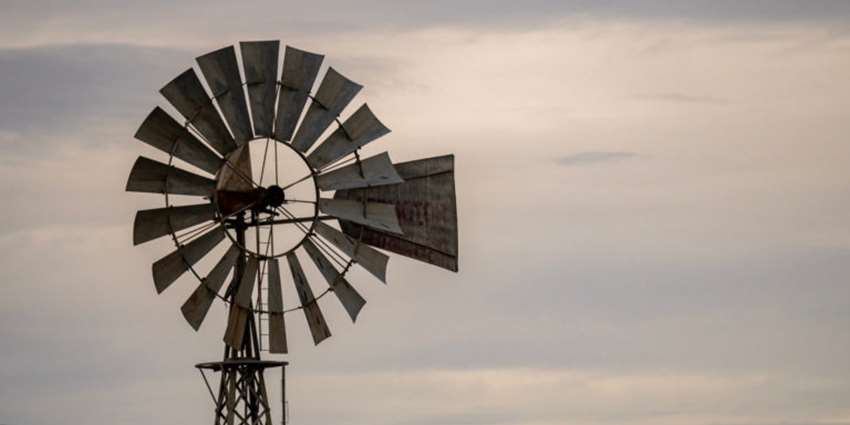Rural residents in Bastrop County who get their water from wells can participate in the water screening at a Well Educated event on Feb. 27. (Texas A&M AgriLife photo by Sam Craft)
The Texas Well Owner Network is hosting a “Well Educated” water well screening Feb. 27 in Bastrop to give area residents the opportunity to have their well water screened.
Water samples will be screened for contaminants, including total coliform bacteria, E. coli, nitrate-nitrogen and salinity.
Water samples can be dropped off from 8:30-10 a.m. at the Texas A&M AgriLife Extension Service office for Bastrop County, 901 Pecan St., Bastrop. There is no cost for the water sample.
The follow-up meeting to explain the results of the screenings will be at 8 a.m. Feb. 28 at the Bastrop County Courthouse Annex Building, 804 Pecan St., Bastrop.
The screening is presented by AgriLife Extension and Texas Water Resources Institute, TWRI, in partnership with the AgriLife Extension office in Bastrop County and the Lost Pines Groundwater Conservation District.
Joel Pigg, AgriLife Extension program specialist and TWON coordinator, Bryan-College Station, said the TWON program is for Texas residents who depend on household wells for their water needs.
“The program was established to help well owners become familiar with Texas groundwater resources, septic system maintenance, well maintenance and construction, and water quality and treatment,” Pigg said. “It allows them to learn more about how to improve and protect their community water resources.”
Sampling instructions
Area residents wanting to have their well water screened should pick up a sample bag, bottle and instructions from the AgriLife Extension office, Pigg said.
“It is very important that only sampling bags and bottles from the AgriLife Extension office be used and all instructions for proper sampling are followed to ensure accurate results,” he said.
Private water wells should be tested annually, he said. The samples will be screened for contaminants, including total coliform bacteria, E. coli, nitrate-nitrogen and salinity.
It is essential for those submitting samples to attend the Feb. 28 meeting to receive results, learn corrective measures for identified problems and improve their understanding of private well management.
Well water contaminants, concerns
Pigg said research shows the presence of E. colibacteria in water indicates that waste from humans or warm-blooded animals may have contaminated the water. Water contaminated with E. coli is more likely to also have pathogens that can cause diarrhea, cramps, nausea or other symptoms.
The presence of nitrate-nitrogen in well water is also a concern, and water with nitrate-nitrogen at levels of 10 parts per million is considered unsafe for human consumption, he said.
“These nitrate levels above 10 parts per million can disrupt the ability of blood to carry oxygen throughout the body, resulting in a condition called methemoglobinemia,” Pigg said. “Infants less than 6 months of age and young livestock are most susceptible to this.”
Salinity, as measured by total dissolved solids, will also be determined for each sample, he said. Water with high levels may leave deposits and have a salty taste. Using water with high levels for irrigation may damage soil or plants.
To learn more about the programs offered through the network or to find additional publications and resources, visit twon.tamu.edu. For more information, contact Pigg at 979-845-1461 or j-pigg@tamu.edu.
Funding for the Texas Well Owner Network is through a Clean Water Act nonpoint source grant provided by the Texas State Soil and Water Conservation Board and the U.S. Environmental Protection Agency. The project is managed by TWRI, part of Texas A&M AgriLife Research, AgriLife Extension and the Texas A&M University College of Agriculture and Life Sciences.


